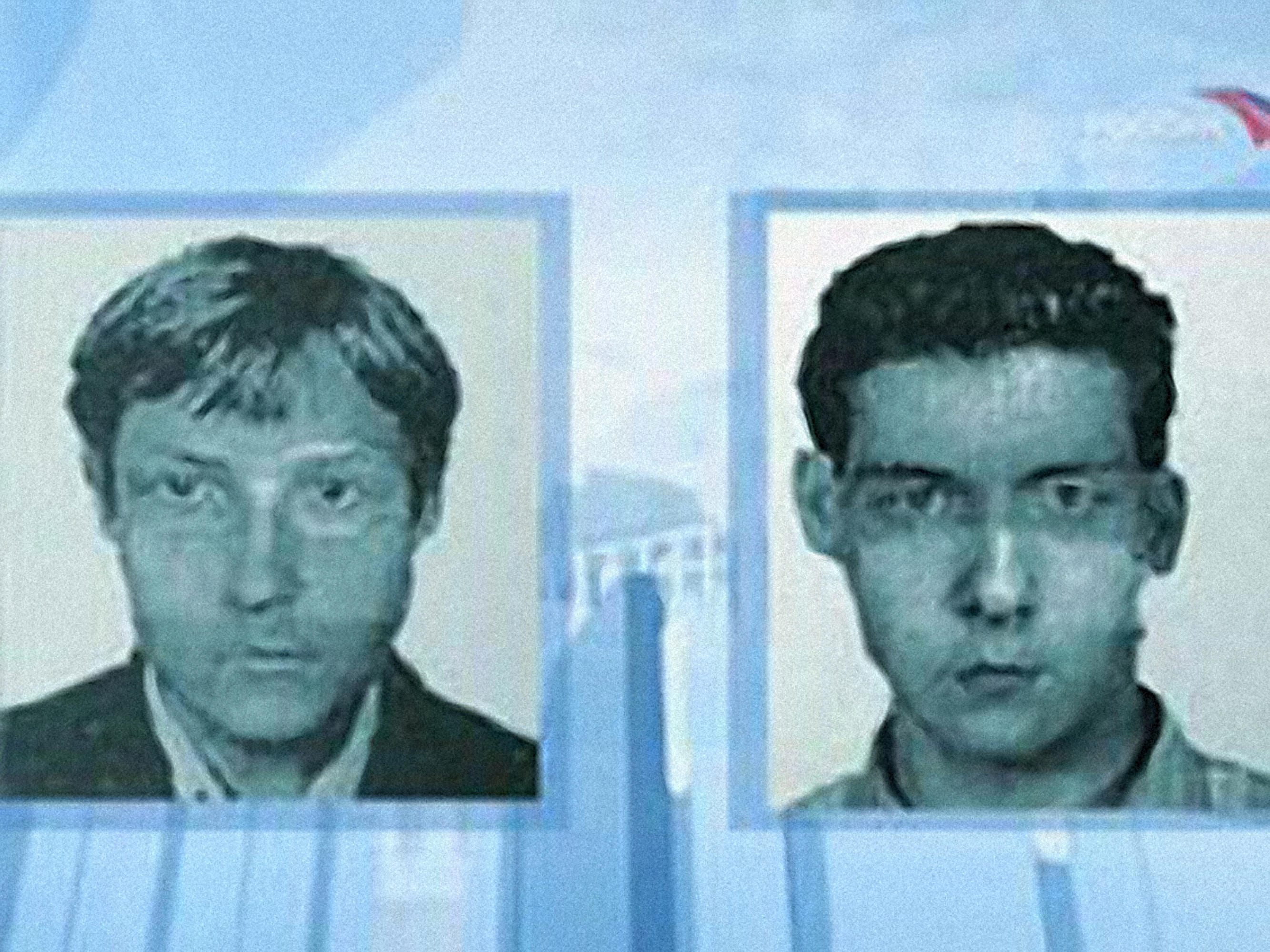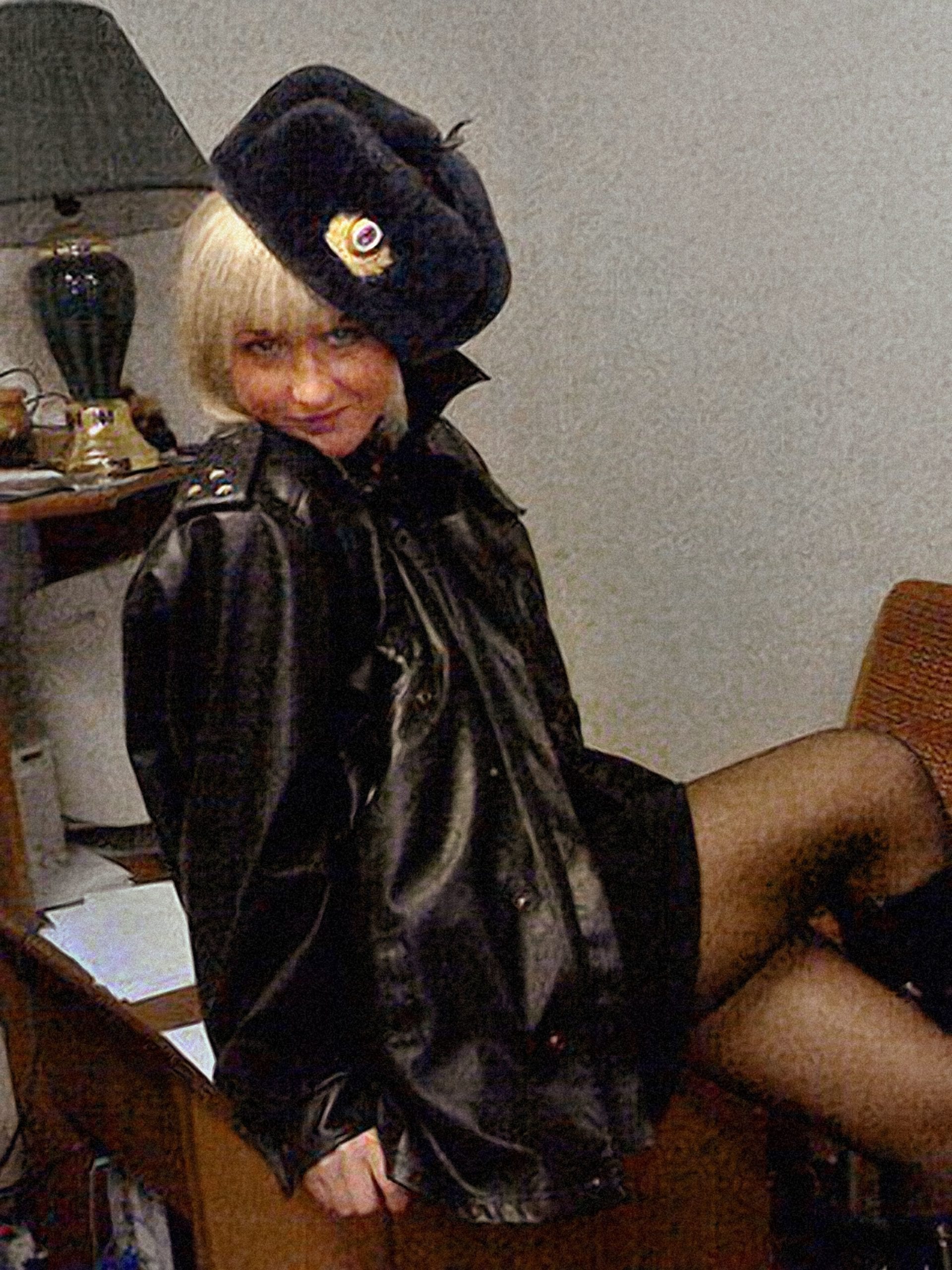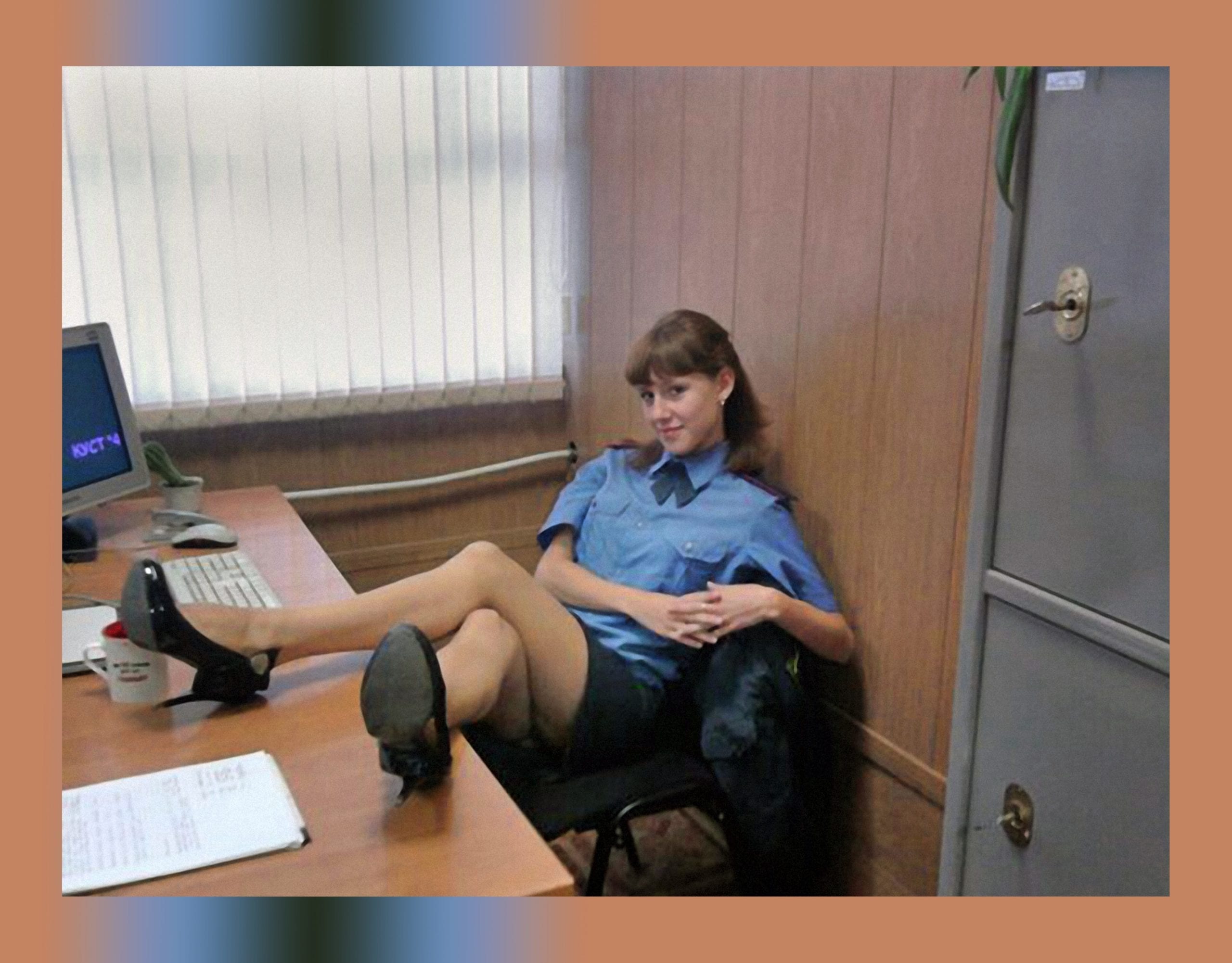Before she took up photography, Rudenko studied applied mathematics at the University of Vologda. Photography suited her interest in both art and maths, she says, and she still works as a computer developer and coder from time to time to support her personal projects. Outside of Wanted, her work frequently covers social issues in Russia, which often relate to the family. “She’s a very creative thinker,” says Wellford. “If you look at the scope of her work, she is someone who continues to pursue ideas and figure out solutions to ‘the image’. It’s easy for people to step away from that kind of enquiry, so I’m happy to see that she persists.”


Faktor, who is Russian but is now based in New York, also praises Rudenko’s drive to uncover and expose social issues through photography. Only a handful of photographers in Russia are making relevant and important documentary work, she says, of whom Rudenko is one. “Other than the obvious stories about protests and gay propaganda, or things that are in the news, very few people are thinking beyond that realm and creating projects that will last. Anastasia challenges herself and goes to places that are not ‘cosy’. She has been working on her Visual Dictionary of Russia series, in which she gives visual definitions to terms and templates in contemporary Russian society, and has been exploring the relationship between Russian people and religion. It’s heavy, heavy thinking.”

As Rudenko and Faktor note, the Russian media is in tatters, which makes it difficult for photographers to get their work out there. “There are almost no places to show work,” says Faktor. “The market for photojournalism directly correlates with the catastrophic state of the Russian press. Pretty much every independent media has been degraded to a marginal state or shut down, and the visuals are the first thing to get sacrificed.” In terms of getting work out, it has to go through the West – editorial publications and exhibitions. That is why people who continue to produce work out of a necessity to document and reflect on what’s happening are more valuable than ever.”
Despite these challenges, Rudenko continues to build her career as a professional documentary photographer and to work on personal projects that get underneath the skin of Russian society. “The state of the media in Russia is deteriorating very fast, and we only have a few independent media organisations,” she says. “Television and the media are generally controlled by the government. I use the internet to connect with the world.”
Her work is, perhaps, a rejection of this state control – a way of claiming back individual freedom. “I have always loved the notion of reinterpreting found images,” says Wellford. “The whole social media landscape makes for really curious enquiry. Anastasia plays this out close to home and creates in Wanted a fascinating chronicle of society.”
Find more of Anastasia’s work here.
First published in the May 2014 issue. Complete your collection and visit the BJP Shop.


